Speaker
,Author
James Lovelock
Independent scientist and environmentalist, originator of the Gaia hypothesis
James Lovelock (1919-2022) was an English environmentalist, independent scientist and futurist. He is best known for the Gaia Hypothesis, which suggests that the Earth operates as a self-regulating organism.
Across a distinguished career, Lovelock authored a series of influential books including Gaia: A New Look at Life on Earth (1979), The Revenge of Gaia (2006) and Novacene: The Coming Age of Hyperintelligence (2019).

James Lovelock (1919-2022) was an English environmentalist, independent scientist and futurist. He is best known for the Gaia Hypothesis, which suggests that the Earth operates as a self-regulating organism.
Across a distinguished career, Lovelock authored a series of influential books including Gaia: A New Look at Life on Earth (1979), The Revenge of Gaia (2006) and Novacene: The Coming Age of Hyperintelligence (2019).
James Lovelock Videos
James Lovelock Articles
More Videos

What Machines Can't Do

Corruption and Climate Change

Humans versus Nature

Blind Data

March of the Machines
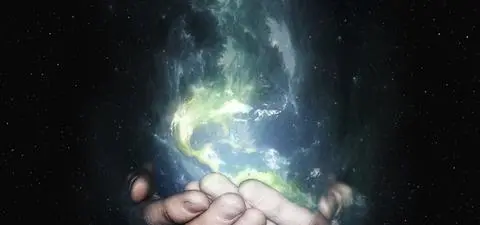
The World in Our Hands

The Puzzle of Progress

The Dark Side of Environmentalism
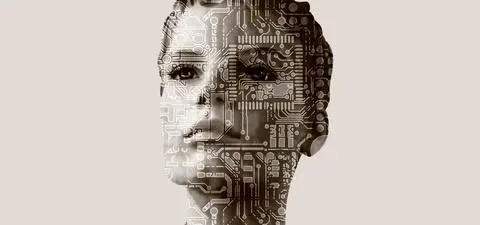
Mind Machines
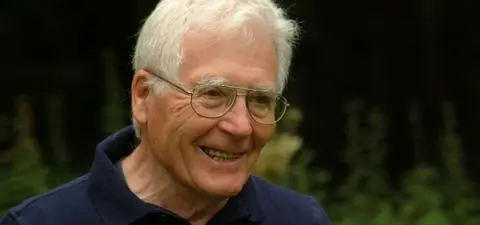
James Lovelock: Creativity in Science & Gaia Theory
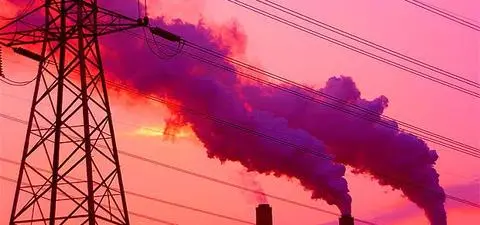
What We Don't Know About CO2
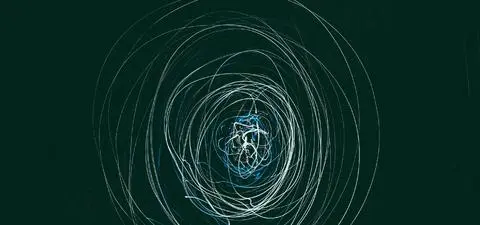
Can We Control AI?

Is Digital Thinking Different?

Climate Change and Britain’s Future

How to Thrive in a Digital Age
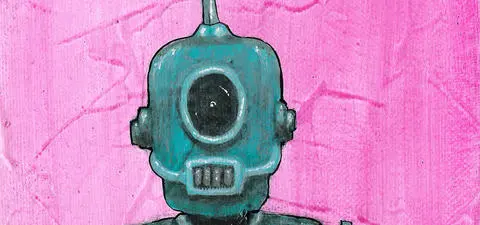
Creative Robots

The Habits of Nature
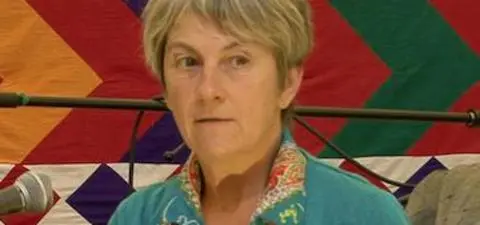
Genes, Memes and Temes
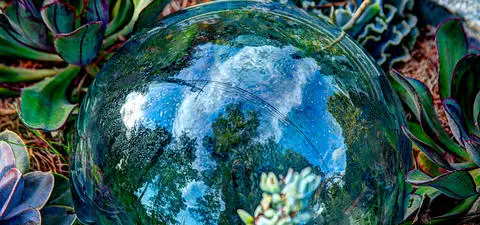
The Myth of Scarcity
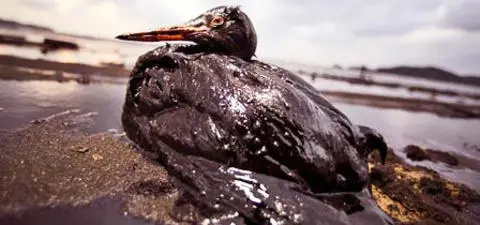
The Fifth Crime

Designing Life
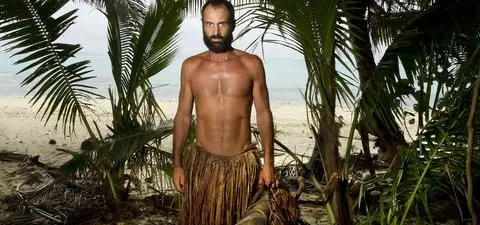
Nine Million Steps in Solitude

Staying Human in Cyberspace

The Internet is Not a Waffle Iron Connected to a Fax Machine
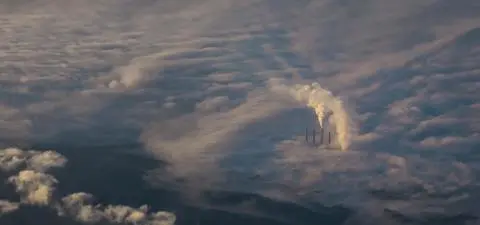
Global Overhaul

Future Storm

Why Trolls Matter
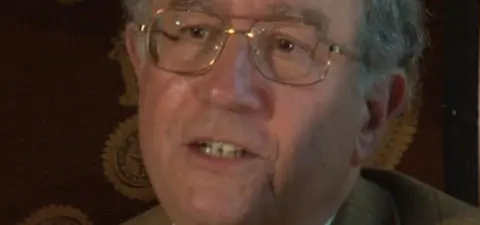
Rise of the Machines

My Avatar, Myself
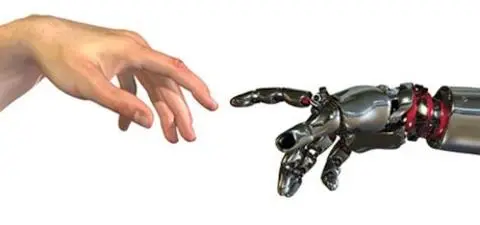
Touching Cyberspace
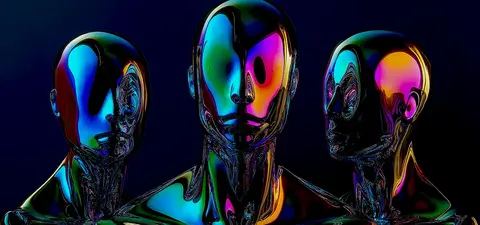
Transhumanism: the future or the world's most dangerous idea?
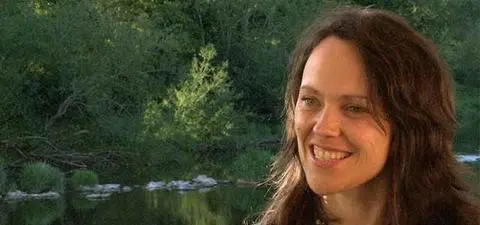
Zanna Clay | In-depth Interview
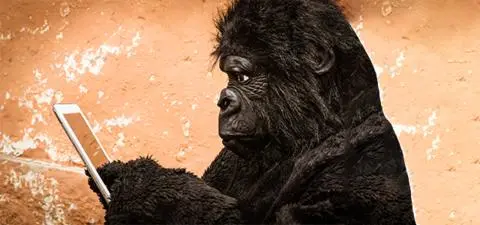
Digital Apes
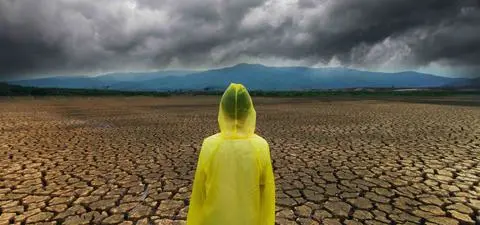
How to talk about climate change
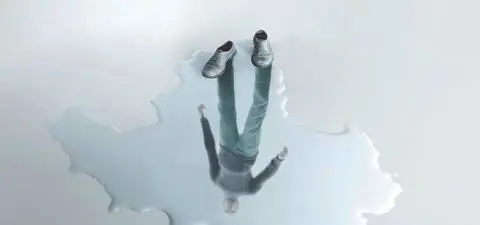
The smartphone society
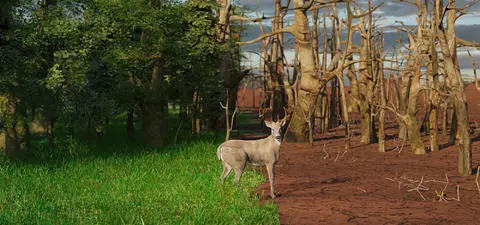
Extinction and Renewal
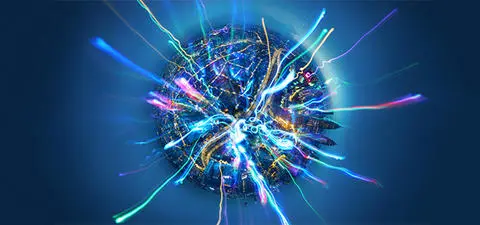
The AI illusion
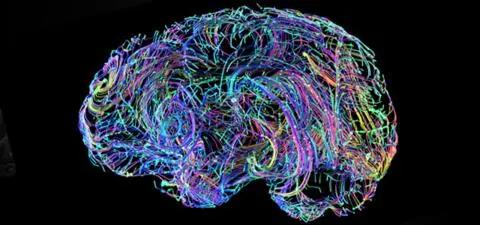
Mind over matter

How to live forever
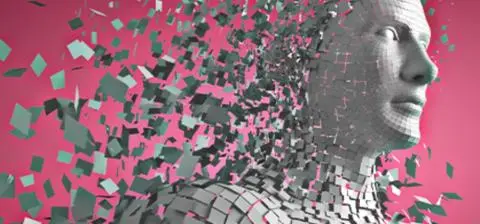
Technology in trouble
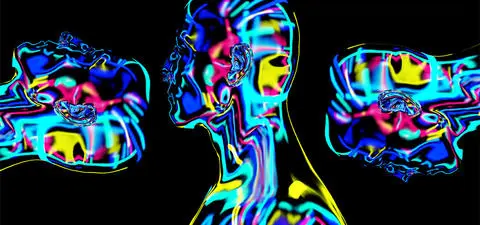
Electric brains
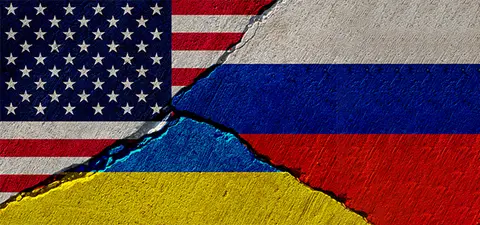
The technology trap

Scientific freedom
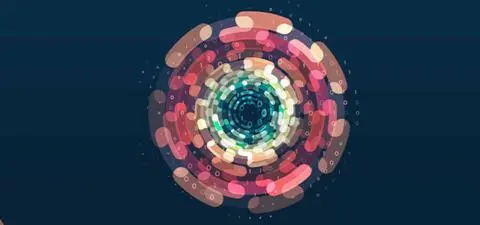
Who's afraid of the big, bad data?
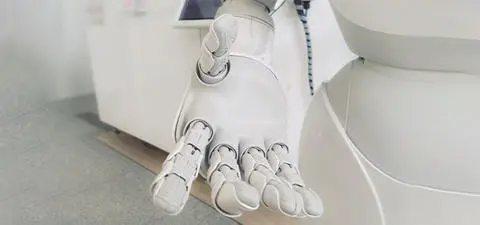
AI, emotions and the tech evolution

The next environmental crisis

AI and the future of the mind
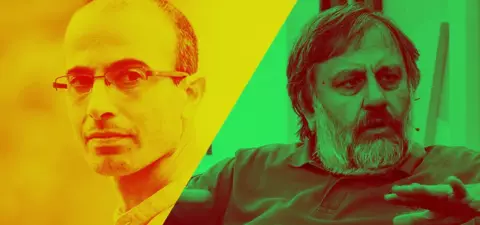
Nature: friend or foe?
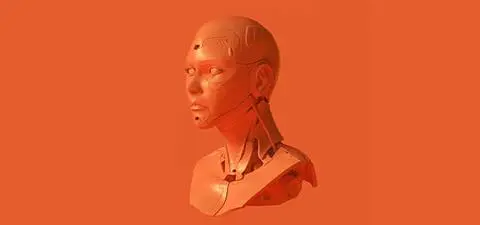
Human justice and machine intelligence
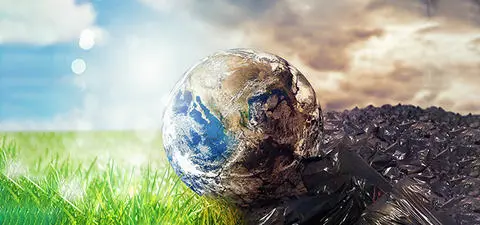
In search of a cleaner world
More Articles
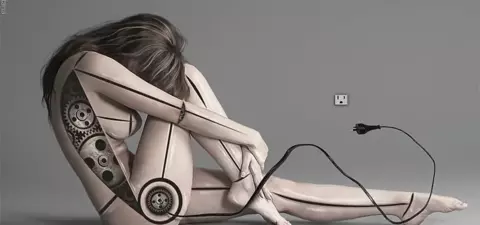
Beyond the Machine Metaphor
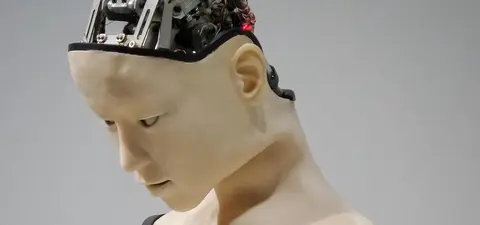
Why We Shouldn't Be Scared of AI

Can Artificial Intelligence Give Our Lives Meaning?
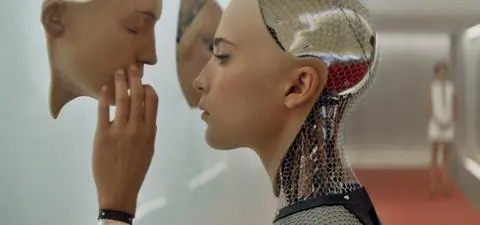
A Puzzle About Emotional Robots
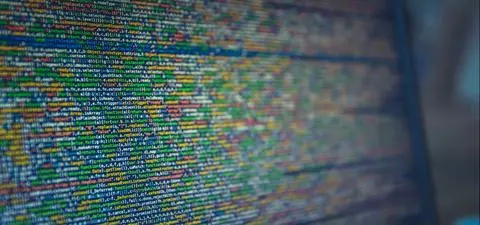
When a Robot Becomes Judge

Issue 69: AI
Algorithms We Love By
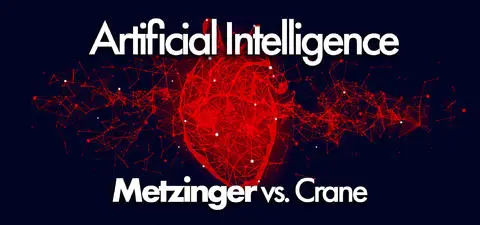
Why we should worry about computer suffering
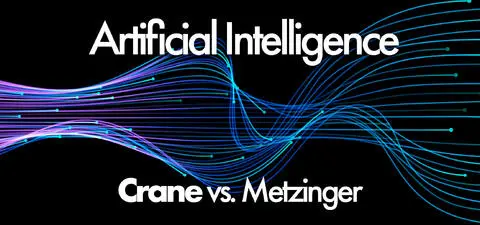
The AI ethics hoax
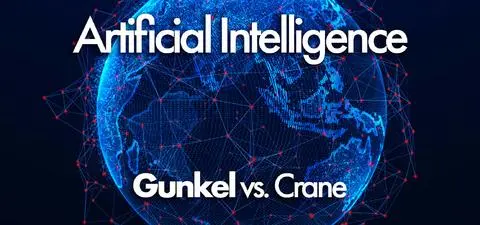
Robot rights
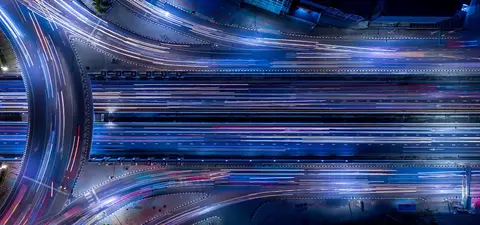
The uncontrollability of Artificial Intelligence
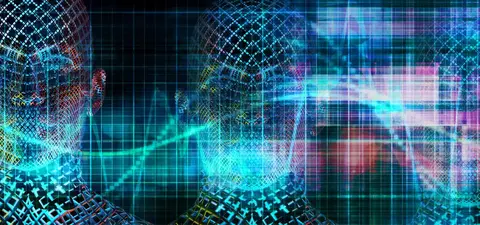
Virtual reality and the divided self
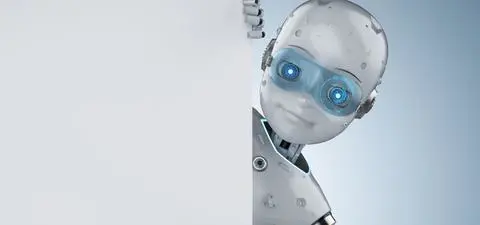
Artificial intelligence and gullible humans

Decoding digital prejudice
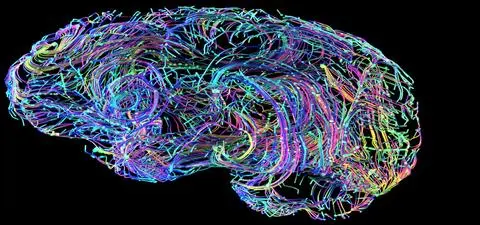
Neurons in a dish learn to play Pong
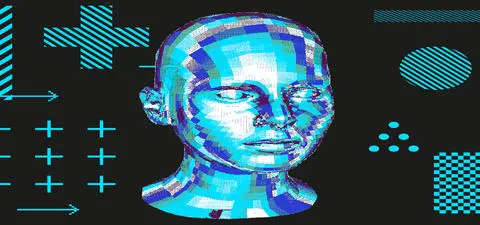
We should all be worried about synthetic data
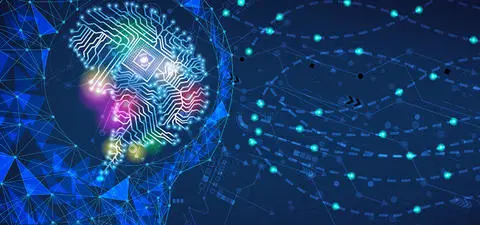
Google's AI is not sentient. Not even slightly
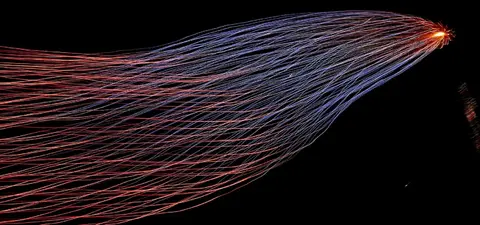
The AI containment problem

Why we have the future of AI wrong
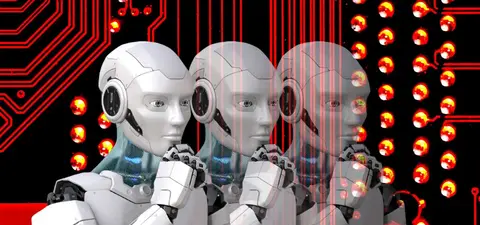
Why AI must learn to forget
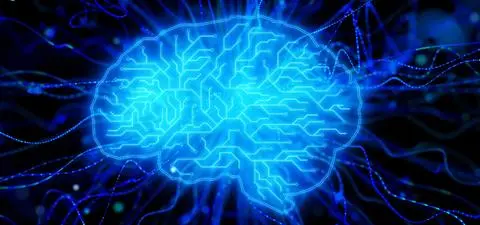
All-knowing machines are a fantasy
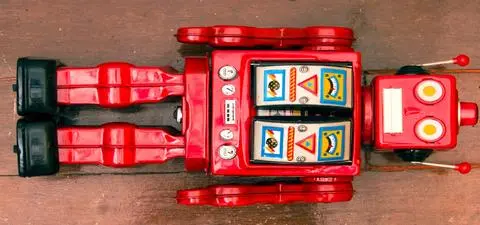
AI may need sleep too
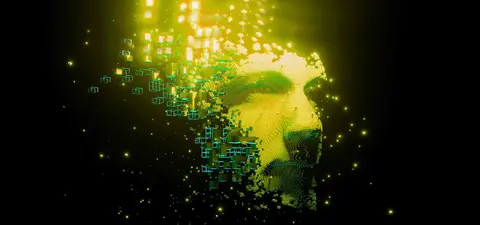
The lunacy of 'machine consciousness'
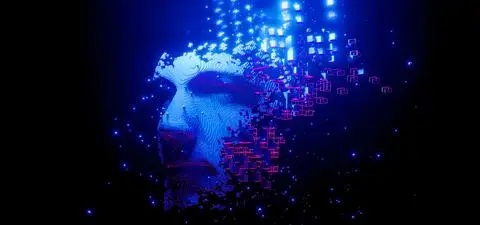
'Machine consciousness' is not lunacy
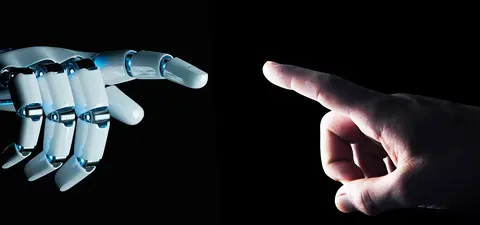
Machine Life
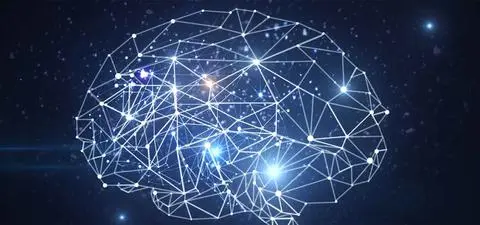
AI and the end of reason

Controlling the threats from AI

AI is not intelligent

AI and the Meaningless End of Meaninglessness
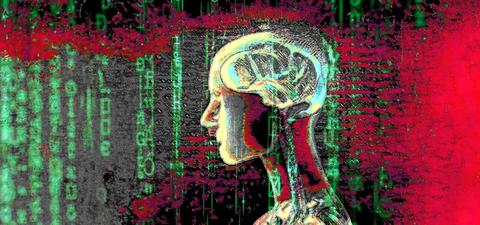
Do no harm: AI and medical racism

